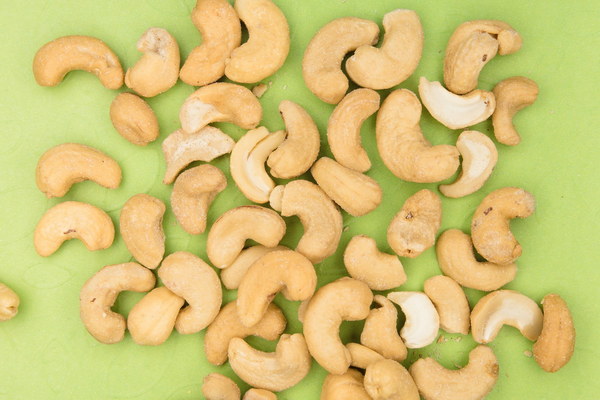Is Acupuncture Head Therapy Effective A Comprehensive Look
Acupuncture head therapy, also known as auricular therapy, has gained significant popularity in recent years. This alternative therapy is based on the principle that the ear is a microsystem of the body, where each part of the ear corresponds to different organs and body systems. Proponents of this therapy believe that by stimulating specific points on the ear, it can alleviate various health conditions. But is acupuncture head therapy effective? Let's explore the subject in detail.
The History of Acupuncture Head Therapy
Acupuncture, as a practice, dates back to ancient China, with its roots in Traditional Chinese Medicine (TCM). The concept of auricular therapy, however, is relatively modern, having been developed in the 1950s by French neurologist Paul Nogier. He observed that by stimulating specific points on the ear, he could alleviate certain conditions in his patients.
The Theory Behind Acupuncture Head Therapy
The theory of acupuncture head therapy is based on the concept of meridians and Qi. Meridians are pathways through which Qi, or vital energy, flows. According to TCM, when Qi is balanced and flowing smoothly, the body remains healthy. However, when Qi is blocked or imbalanced, it can lead to disease. Acupuncture head therapy aims to restore the balance of Qi by stimulating specific points on the ear.
Benefits of Acupuncture Head Therapy
1. Pain Relief: Acupuncture head therapy is often used to alleviate pain associated with various conditions, such as migraines, arthritis, and fibromyalgia. By stimulating the ear points that correspond to the affected area, acupuncture can help reduce pain and improve mobility.
2. Stress Reduction: The ear is rich in stress-related points, and stimulating these can help reduce anxiety and promote relaxation. Many people find that acupuncture head therapy helps them manage stress and improve their overall sense of well-being.

3. Improved Sleep: Acupuncture head therapy can help improve sleep quality by addressing the underlying causes of insomnia, such as stress, anxiety, and pain.
4. Enhanced Immune System: By restoring the balance of Qi, acupuncture head therapy can help strengthen the immune system, making the body more resilient to illness.
5. Weight Loss: Some people have reported that acupuncture head therapy can help with weight loss by reducing appetite and improving metabolism.
Evidence of Effectiveness
Research on the effectiveness of acupuncture head therapy is mixed. Some studies have found it to be beneficial for certain conditions, while others have not. Here's a breakdown of the evidence:
1. Pain Relief: Several studies have shown that acupuncture head therapy can be effective for chronic pain, including lower back pain, neck pain, and osteoarthritis. However, the quality of the evidence is mixed, with some studies reporting significant pain reduction and others showing no effect.
2. Stress Reduction: Some research suggests that acupuncture head therapy can help reduce stress and anxiety levels. However, more robust studies are needed to confirm these findings.
3. Sleep Improvement: While some studies have found that acupuncture head therapy can improve sleep quality, the evidence is not conclusive. More research is needed to determine the extent of its effectiveness.
4. Immune System: Research on the impact of acupuncture head therapy on the immune system is limited. However, some studies suggest that it may have a positive effect.
5. Weight Loss: There is no strong evidence to support the use of acupuncture head therapy for weight loss.
Conclusion
Acupuncture head therapy is a promising alternative therapy with potential benefits for various health conditions. While the evidence of its effectiveness is mixed, it is generally considered safe and well-tolerated. If you are considering acupuncture head therapy, it is essential to consult with a qualified practitioner to determine if it is appropriate for your specific needs. Keep in mind that more research is needed to fully understand the extent of its benefits and potential applications.









